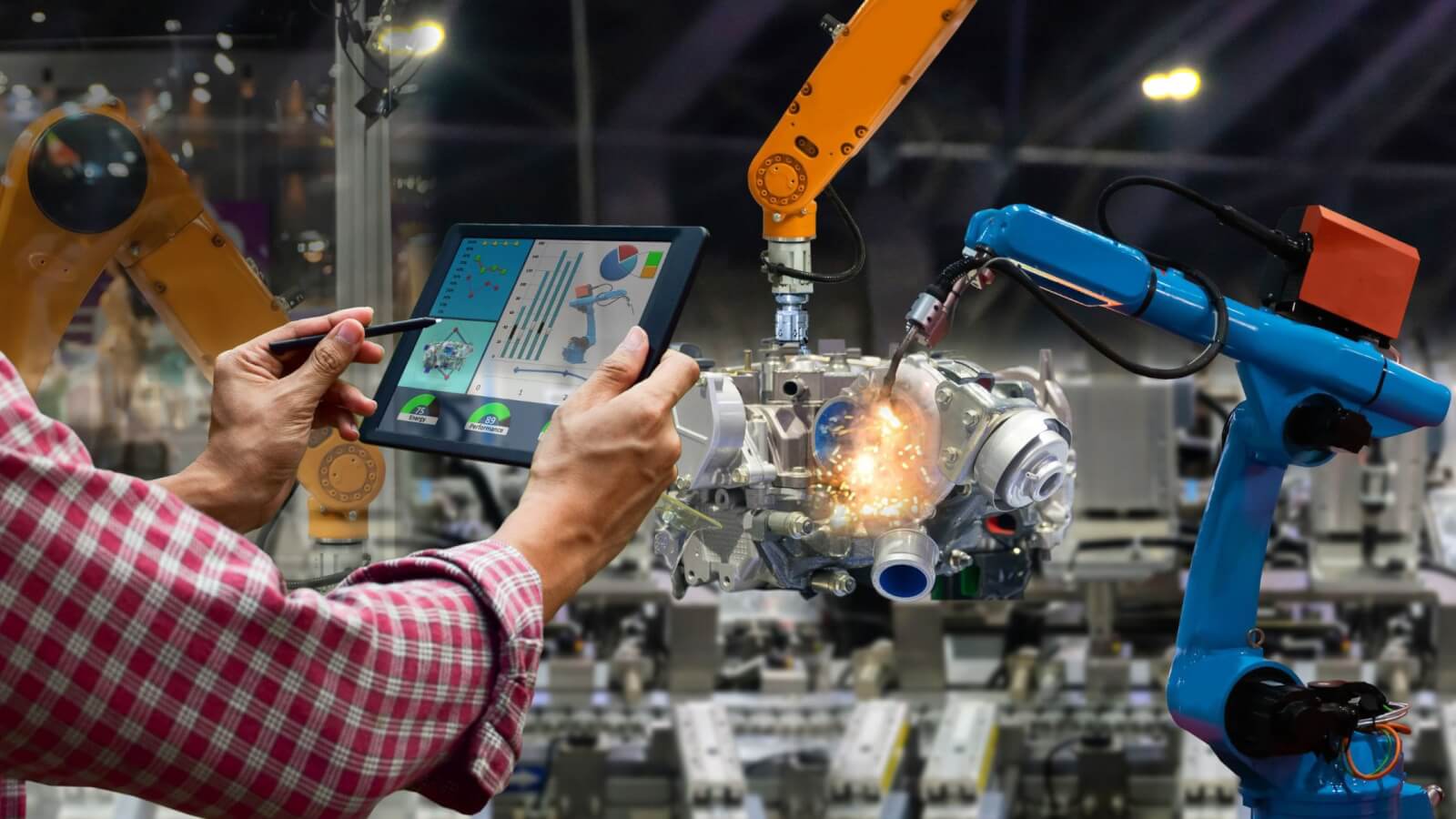Manufacturing & Process
Manufacturing & Process refers to the comprehensive system of converting raw materials into finished goods through a combination of machinery, labor, tools, and chemical or physical processes. This domain forms the backbone of industrial economies, supporting sectors such as automotive, electronics, pharmaceuticals, chemicals, construction, food, and consumer goods.
Manufacturing is the broad term used for producing tangible products in large quantities. It encompasses various methods such as discrete manufacturing, batch production, and continuous manufacturing. The core goal is to deliver consistent quality, efficiency, and scalability while optimizing cost and output.
On the other hand, process manufacturing specifically involves formulating or blending raw materials through chemical, thermal, or mechanical operations. It is common in industries such as food and beverage, petrochemicals, paints, and pharmaceuticals—where the final product cannot be disassembled into its original components. Typical examples include the production of gasoline, soft drinks, and cosmetics.
Key components of modern manufacturing and process industries include:
-
Automation & Robotics: Reducing manual intervention, increasing speed and precision
-
SCADA & PLC systems: For process control and real-time monitoring
-
Lean Manufacturing & Six Sigma: Strategies focused on waste reduction and process improvement
-
Digitalization & Industry 4.0: Integrating IoT, AI, and data analytics for smarter operations
-
Quality Control & Compliance: Ensuring products meet industry and regulatory standards
Benefits of effective manufacturing and process systems include:
-
Higher production efficiency
-
Consistent product quality
-
Reduced material waste and downtime
-
Enhanced safety and compliance
-
Cost-effective scaling of operations
However, the industry faces several challenges, such as rising raw material costs, supply chain disruptions, sustainability demands, and the need for skilled labor. As a result, manufacturers are shifting toward smart factories, sustainable practices, and advanced data-driven decision-making.
In conclusion, Manufacturing & Process is a dynamic and essential industrial segment that drives innovation, productivity, and economic growth. With the integration of digital technologies and sustainability practices, the future of manufacturing is becoming smarter, cleaner, and more responsive to global market needs.
